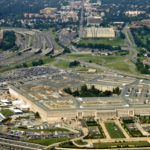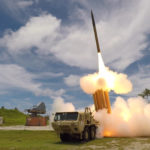
The Obama administration is establishing a new Cyber Threat Intelligence Integration Center (CTIIC), serving an analogous role as the National Counter Terrorism Center (NCTC) does for terrorism, Lisa Monaco, the Assistant to the President for Homeland Security and Counterterrorism said Tuesday.“Currently no single government entity is responsible for producing coordinated cyber threat assessments,” Monaco said at keynote speech at the Wilson Center. The CTIIC is intended to fill that gap.Comparing the new CTIIC to the NCTC, Monaco said it will…

 By
By 











